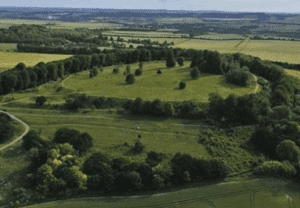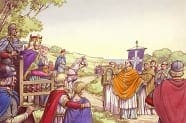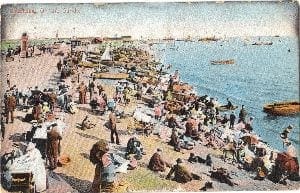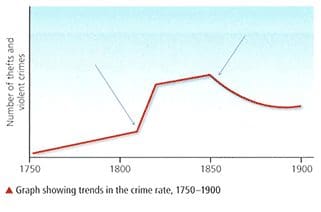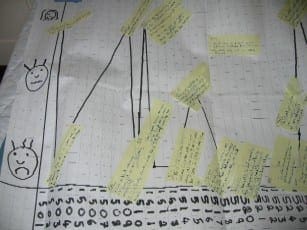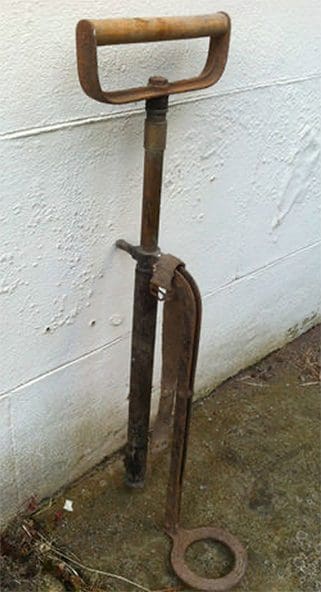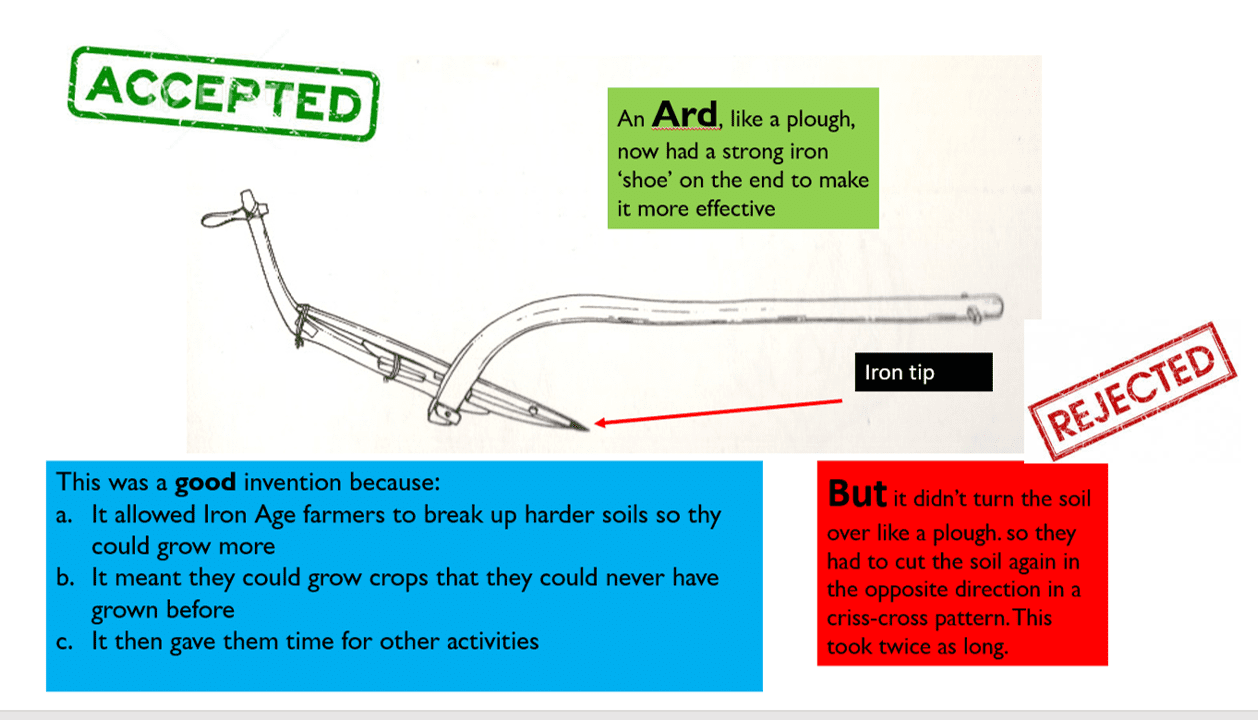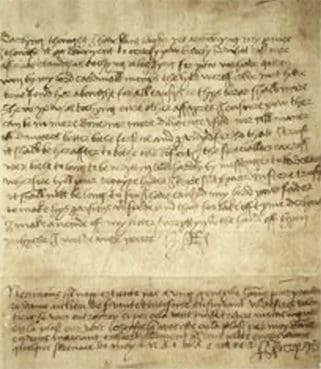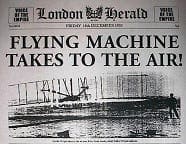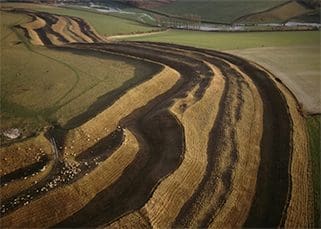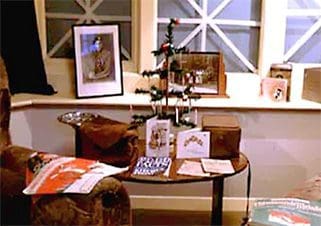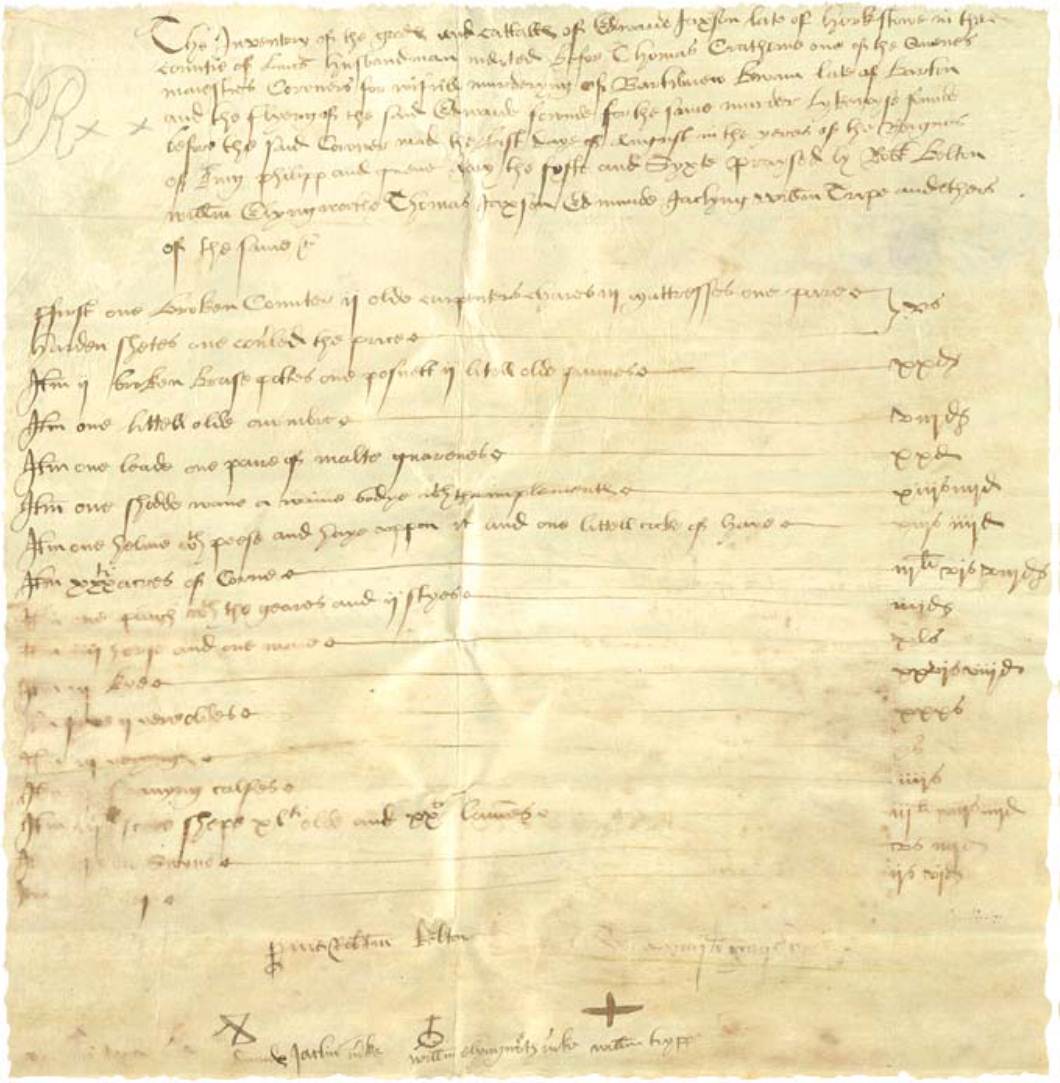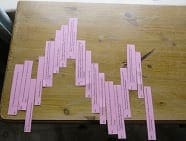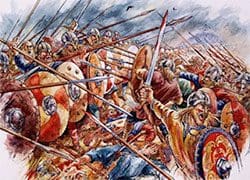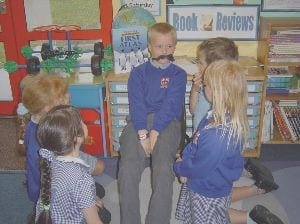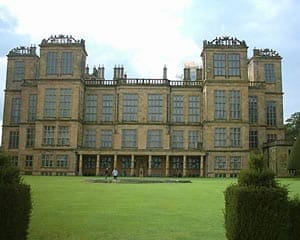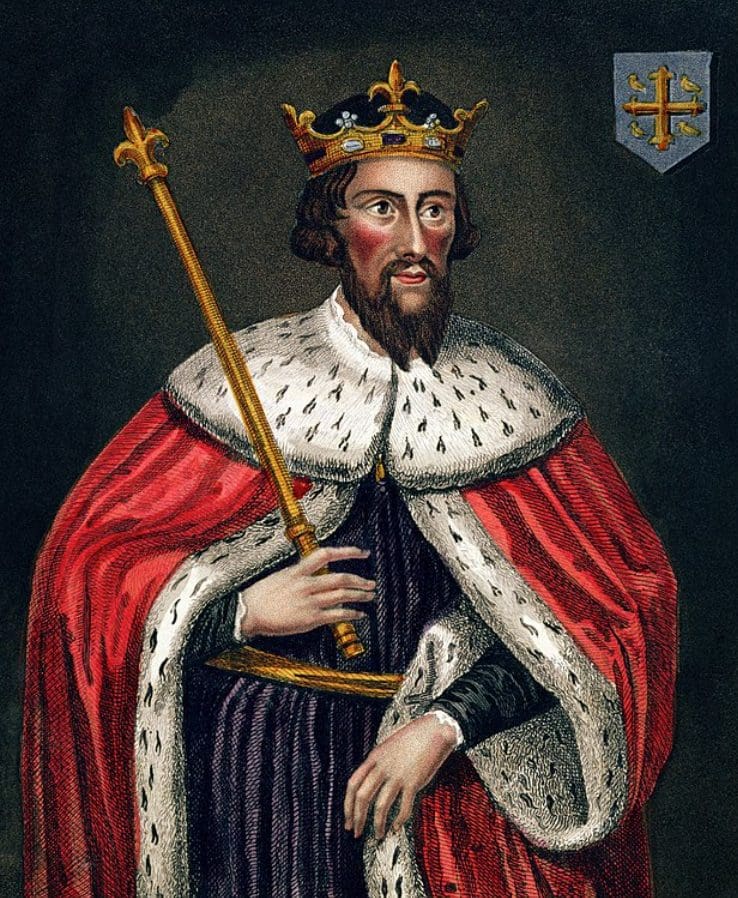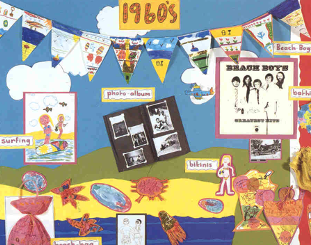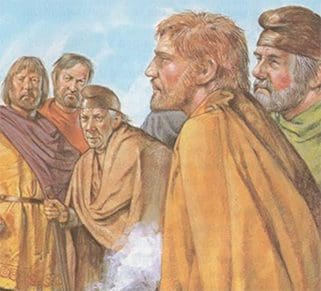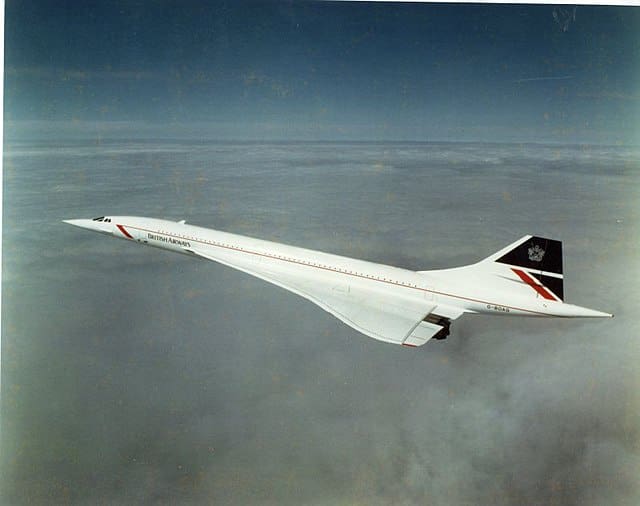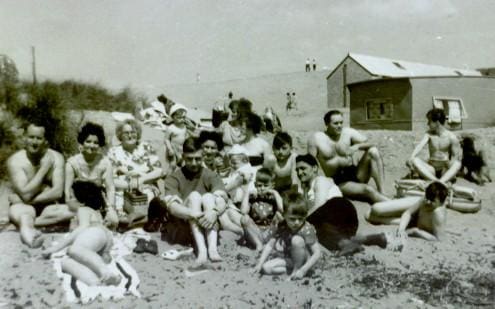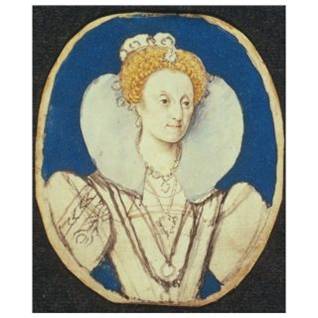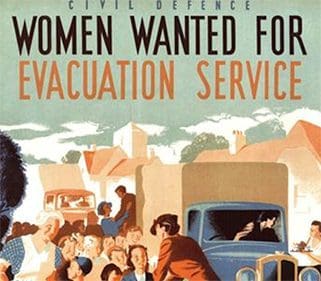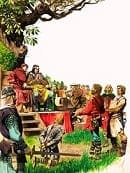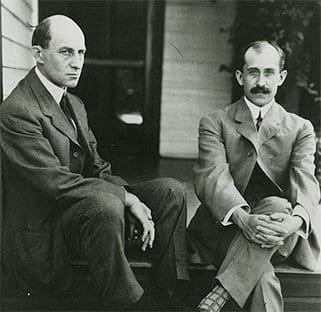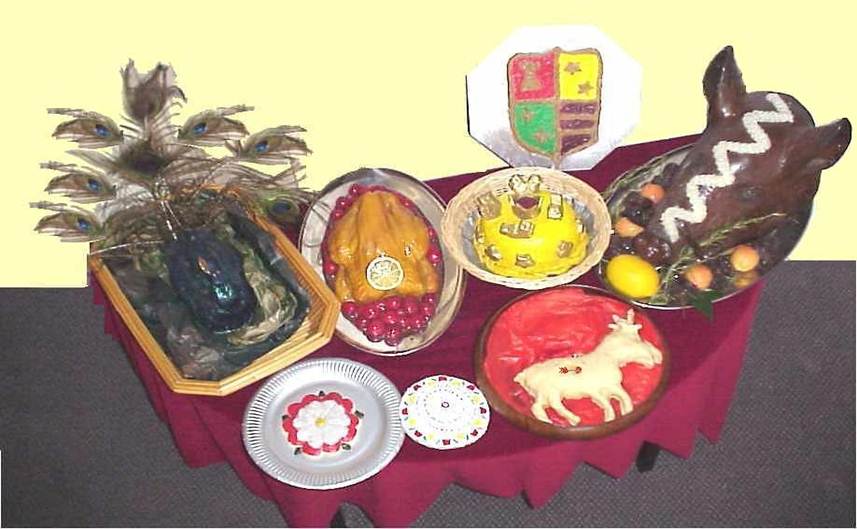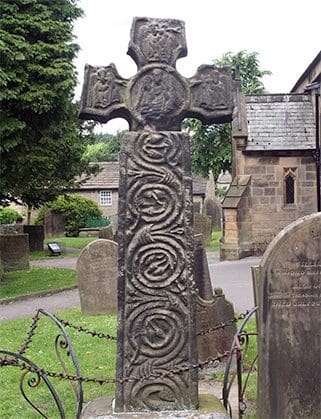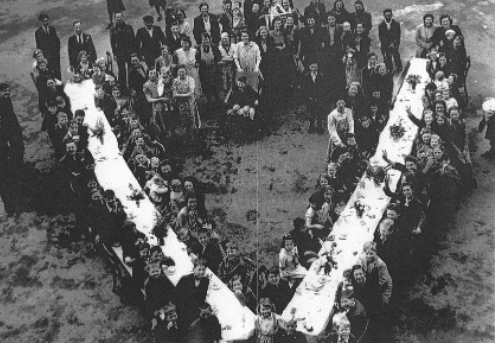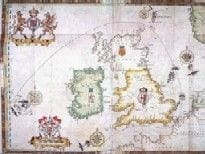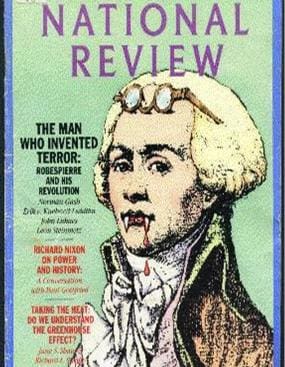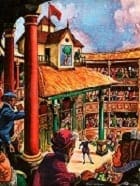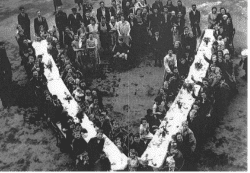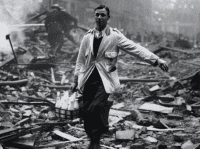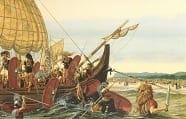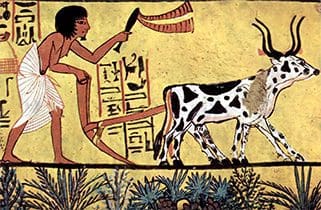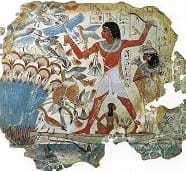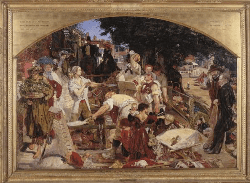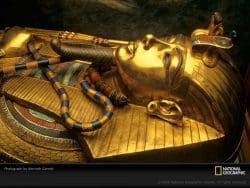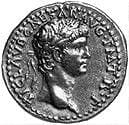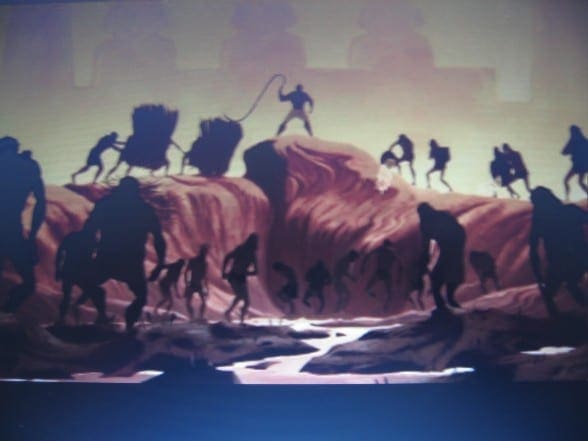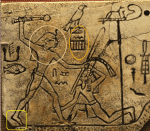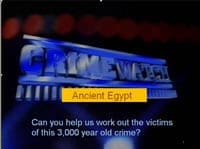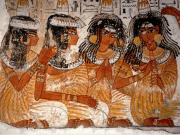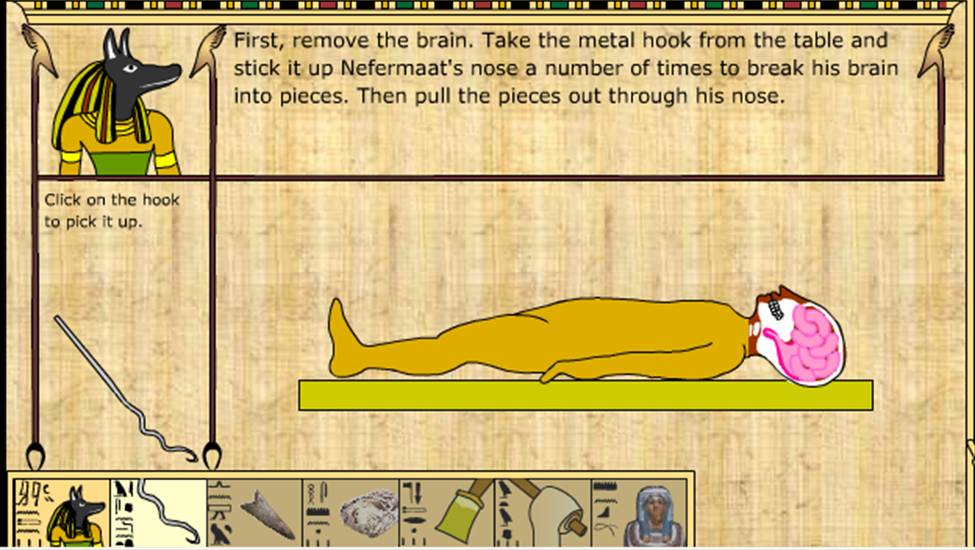Keystage history
Stone Age to Iron Age – KQ5 – What was life like in the Iron Age and how do we know?
Pupils speculate as to what holes in the ground shown in an aerial photograph might be, before annotating an artist’s…
Read MoreAnglo-Saxons – KQ3 – Coming of Christianity – How did people’s lives change when Christianity came to Britain and how can we be sure?
A series of smart tasks, rather than a full outstanding lesson. The first part of this two part session looks…
Read MoreWright Brothers – KQ3 activity 2 – Spying on the Wright Brothers.
This reconstruction relay – part of KQ3, Why did the Wright Brothers succeed where others had failed – is fantastic…
Read MoreGoing to the seaside – KQ3 – How do we know what holidays were like 100 years ago?
Designing an authentic Edwardian Seaside Poster This KS1 history lesson uses the Mantle of the Expert approach to place pupils…
Read MoreEvaluating websites in history at KS3-5: 3 pieces of top advice
Students are too trusting of what they read on the Internet. Most striking, they implicitly trust Google to verify sources…
Read MoreCrime and punishment – KQ5 – Why did so much change happen in crime and punishment the 19th century?
Great range of activities including: generating enquiry questions about increase in crime from a line graph; explanation builder to work…
Read MoreLife in Tudor Times – KQ2 part 2 – the highs and lows of Catherine of Aragon
The context of this lesson was to explore the highs and lows of Catherine of Aragon as a lead up…
Read MoreWW2 – KQ4 – Britain during World War Two – Call My Bluff
This activity is designed to promote creative thinking as well as to deepen pupils’ understanding of the objects that are…
Read MoreStone Age to Iron Age – KQ5b – Dragons Den : Which technological development should our Iron Age settlement get next?
Set the scene. A group of the most important members of the Iron Age settlement have gathered to consider their…
Read MoreLife in Tudor Times – KQ2 part 3 – History and literacy – Making sense of a letter from Henry VIII to Anne Boleyn
OR 14 ways of telling this is a love letter. Pupils are given a copy of a letter from Henry…
Read MoreWright Brothers – KQ4 – The Wright Brothers first flight. KS1 Prove it!
How can we possibly know about the Wright Brothers first flight when there’s nobody alive now who saw it? This…
Read MoreStone Age to Iron Age – KQ6 – Iron Age Hill Fort at Maiden Castle
Iron Age Crimewatch AD 50. Who killed the 52 dead bodies at Maiden Castle? Key Question 6 KS2 pupils…
Read MoreGoing to the seaside – KQ4 – Do we go on seaside holidays for the same reason people went 100 years ago?
Children discuss the reasons they might have for going on a seaside holiday NOW and then think of the different…
Read MoreWW2 – KQ4 – Christmas for children on the Home Front during World War Two
This is not an outstanding lesson as such, more a collection of good ideas and support material to stimulate even…
Read MoreLife in Tudor Times – KQ3 – How different was life for people at different levels of society living in Tudor times?
This lesson features the lives of 4 different Tudor people as evidenced from a key document that they each have…
Read MoreAnglo Saxons – KQ4 – Anglo-Saxons struggle against the Vikings – How did the Vikings try to take over the country and how close did they get?
This task encapsulates the struggle between the Anglo-Saxons and the Vikings in an engaging way that really makes pupils think…
Read MoreAnglo Saxons – KQ4b – Alfred and Guthrum: 878 the year things changed
Following a lively, interactive and illustrated story-telling session, reinforced by a sequencing activity, pupils consider the reasons for Alfred’s success…
Read MoreWright Brothers – KQ4 – one teacher’s alternative approach – Wright brothers: prove to me that it really happened
This lesson was taught by Sarah Duck, Leading Teacher for History, Hampshire LA. She kindly describes for us how the…
Read MoreLife in Tudor Times – KQ3 part 2 – Linking history with numeracy; a Tudor enquiry
More glass than wall? Is this a fair description of Hardwick Hall? And how do we find out? This SMART…
Read MoreAnglo-Saxons – KQ5 – Alfred the Great. How great was he?
In this outstanding lesson, pupils are asked to critique and then improve the BBC children’s website entry for Alfred the…
Read MoreCrime and Punishment – KQ6 – Enquiry – Has the way we catch and punish criminals improved in the last 100 years?
Having analysed a graph showing the way the prison population has risen so dramatically over the last 75 years, pupils…
Read MoreKeeping up to date with your teaching of Alfred the Great
The outstanding lesson on Alfred addresses the key question as to his greatness. Has it been exaggerated? You might like…
Read MoreGoing to the seaside – KQ5a – How have seaside holidays changed over time?
Can you help Grandma sort these seaside holiday photos? This smart task which forms the first half of this KQ5…
Read MoreAnglo-Saxons – KQ6 – How effective was Anglo-Saxon justice?
Pupils work in groups to create a series of short dramatic enactments, each of which illustrates a way of keeping…
Read MoreWright Brothers – KQ5 – How did flight change as a result of the Wright Brothers’ work?
This activity goes beyond simple sequencing of images, which pupils first attempted at the start of the topic, to explaining…
Read MoreGoing to the seaside – KQ5b – How have seaside holidays changed? What our grandparents tell us
This lesson finds children producing a questionnaire, collecting data from grandparents, feeding data into a database and then drawing conclusions. …
Read MoreLife in Tudor Times – KQ4 – Elizabeth I portraits – why aren’t things what they seem?
This powerful lesson on Tudor portraits as propaganda gives pupils the chance to appreciate that things aren’t always what they…
Read MoreWW2 – KQ5 – Britain at war. The Home Front – Why is it so difficult to be sure what life was really like on the Home Front?
Why is it so difficult to be sure what life was really like on the Home Front? Two great tasks…
Read MoreAnglo-Saxons – KQ7 – Were Saxon times really ‘Dark’ Ages?
Pupils design a two-sided paper plate on which they record the arguments used in the debate about the ‘Darkness’ of…
Read MoreWright Brothers – KQ6 – How should the Wright brothers be remembered?
Commemorating the Wright brother’s achievements with words young children can understand Pupils have to create a plaque to commemorate the…
Read MoreLife in Tudor Times – KQ4 part 2 – Get ready – the queen is coming!
This enquiry focuses on helping children to learn about the power and authority of Queen Elizabeth and to appreciate the…
Read MoreHow well do you and your pupils understand the Anglo-Saxons? Diagnostic Smart Task
This short activity contains a number of statements about the Anglo-Saxons (RS1) which can be used diagnostically. Some are correct:…
Read MoreWW2 – KQ6 – What was VE day really like? Advising the film producer
In this really varied lesson pupils are asked to offer first-rate historical advice to a film producer who is about…
Read MoreLife in Tudor Times – KQ5 – How was the Spanish Armada defeated by the smaller English fleet? Using a technique called Waiting room
This lesson works really well because the tension you build into the waiting room activity gets all the class involved…
Read MoreTeaching KS3 History: The French Revolution
Regarded by many as simply too complex to be taught to Y7 or Y8, the French revolution divides opinion. Personally…
Read MoreLife in Tudor Times – KQ6 – How did people enjoy themselves in Elizabethan England?
This KS2 enquiry comprises three outstanding activities: 6a. Advising the film director To imaginatively reconstruct the scene using a variety…
Read More10 things your pupils MUST know about the Anglo-Saxons
For many of you teaching the Anglo-Saxons will be something you are doing forte very first time. It is easy…
Read MoreWW2 – KQ6 Background information – What was VE Day really like?
8 May 1945 – VE (Victory in Europe) Day – was one that remained long in the memory of all…
Read MoreThe Blitz 80 years on
On the night of 14 November 1940, 80 years ago, one of the most infamous aerial attacks of all time…
Read MoreRoman Britain – KQ1 part 1 – From Caesar’s invasions to Claudius’ conquest
This first part of the first enquiry links to earlier work on the Iron Age and takes pupils from Julius…
Read MoreAncient Egypt – KQ1 – Launching the Enquiry. So you think you know about Ancient Egypt?
What can we quickly add to what we already know about Ancient Egypt? This way of starting should build on…
Read MoreAncient Egypt – KQ2 – How can we discover what Ancient Egypt was like over 5,000 years ago?
Pupils are invited to join an archaeological excavation, using slide 2-5 to set the scene. Before they can begin their…
Read MoreBeyond Face Value – KQ4 – Why did Ford Madox Brown paint this detailed picture of a scene that never existed?
This lesson revolves around a single painting entitled Work, painted by Ford Madox Brown between 1852 and 1865. Using Fastest…
Read MoreAncient Egypt – KQ3 part 1 – The opening of Tutankhamun’s tomb
The opening of Tutankhamun’s tomb: a brilliant reconstruction relay The activity that forms the basis of this lesson is called…
Read MoreRoman Britain – KQ1 part 2 – Why did the Romans invade Britain?
This lesson uses a variety of approaches including role play, decision-making, card sorts, hot seating and completing speech bubbles. The…
Read MoreAncient Egypt – KQ3 Part 2 – So who did build the pyramids? Did the Prince of Egypt film get it right?
This active lesson for Year 4 has been adapted from the one featured in the QCA Teacher Assessment Activities for…
Read MoreAncient Egypt – KQ4 Part 1 – What can an old clay model and a pair of old sandals tell us about life in Ancient Egypt 5,000 years ago?
What does the evidence tell us about the everyday life for men women and children? Here the focus is on…
Read MoreAncient Egypt – KQ4 Part 2 – Using evidence of Life in Ancient Egypt KS2 – Pupils love playing history detectives
Crimewatch Ancient Egypt: Tomb Robbers This fun activity is a brilliant way of developing pupils’ deductive thinking skills in a…
Read MoreAncient Egypt – KQ4 – Additional Smart Task
(NB This is not included on the planner) How can we learn so much about Ancient Egypt from just these…
Read MoreAncient Egypt – KQ5 Part 1 – Embalming the dead in Ancient Egypt : Great history and great literacy too
Helping the Hopeless Embalmer This really fun lesson, in the style of ‘mantle of expert’, asks the children to help…
Read More
